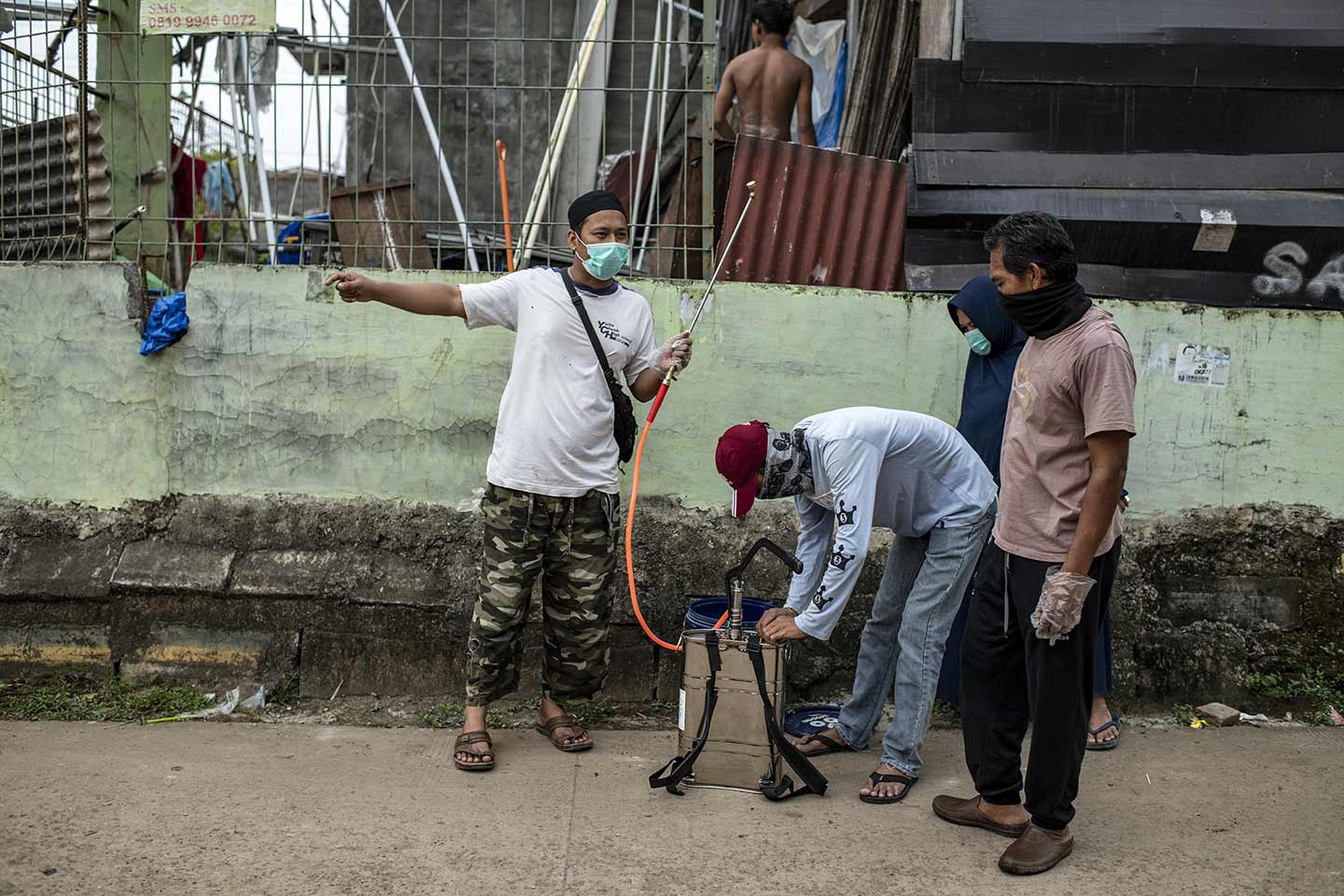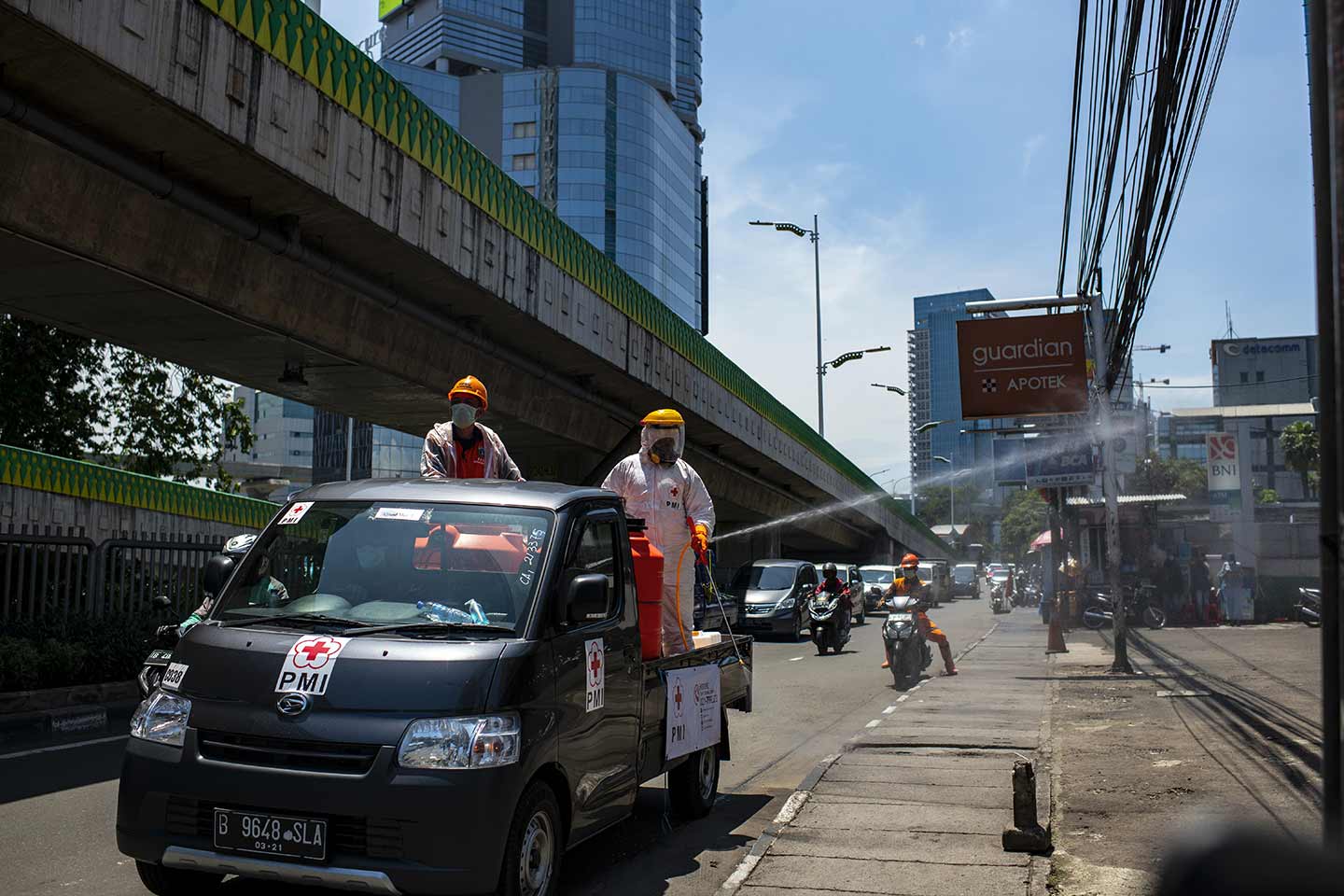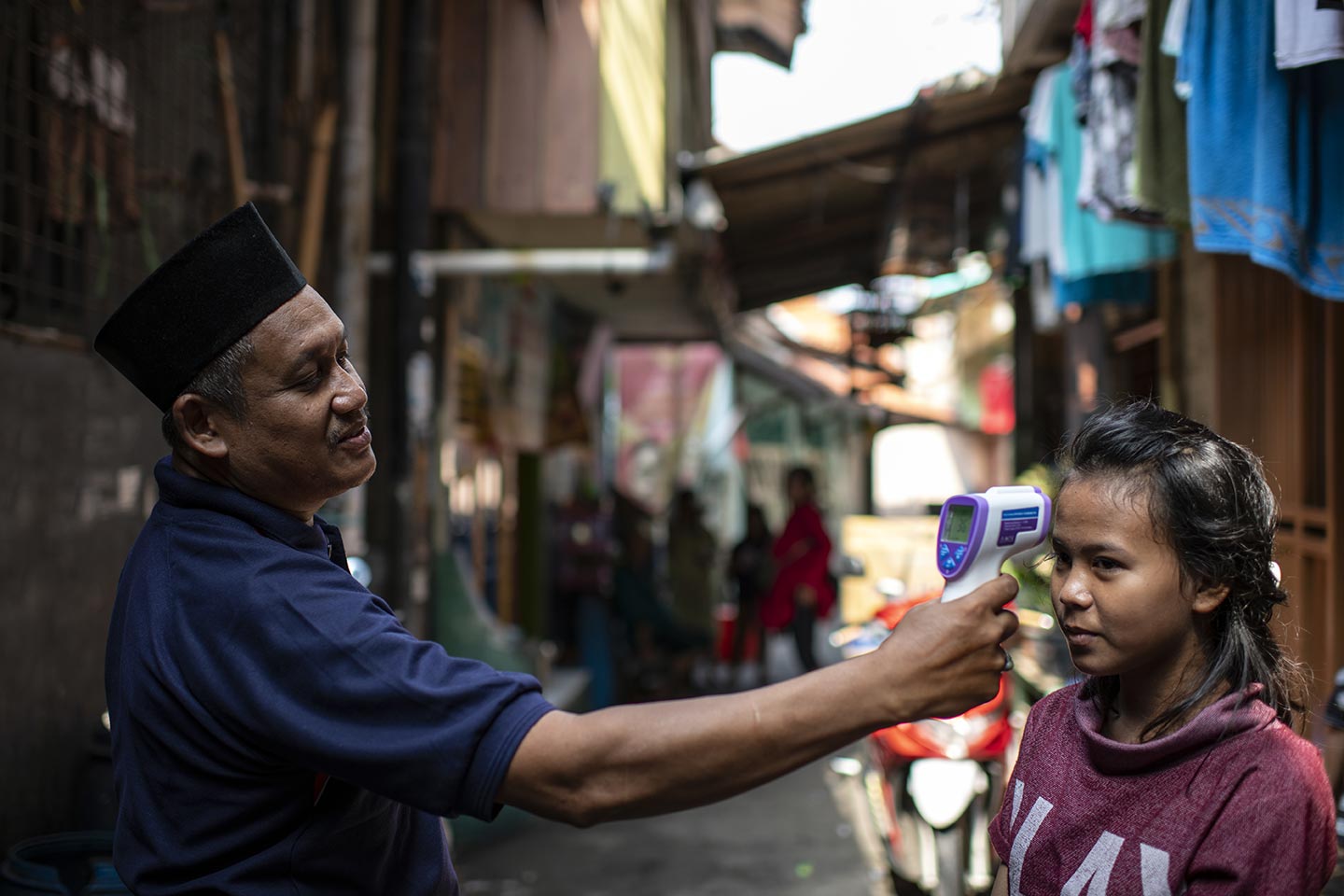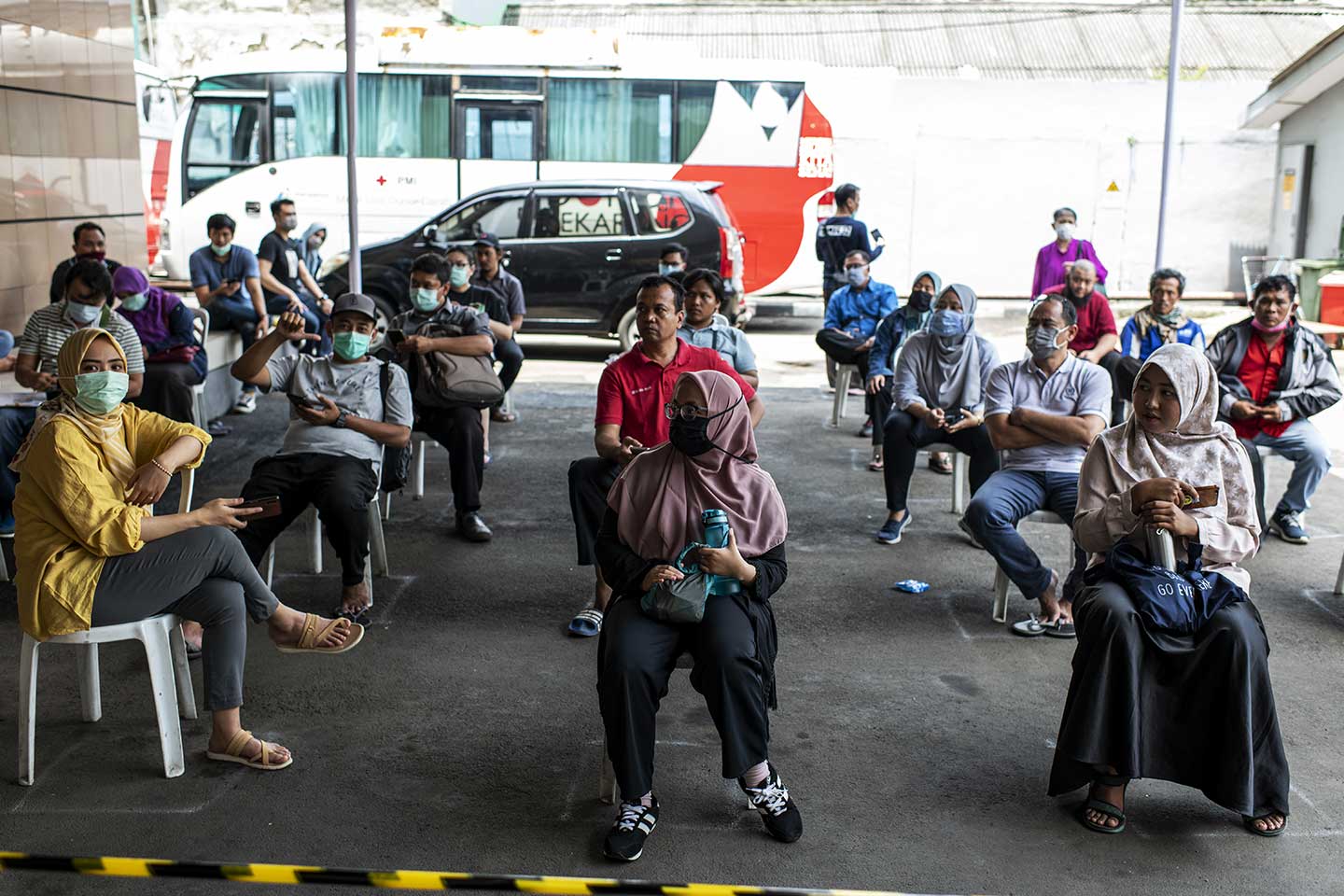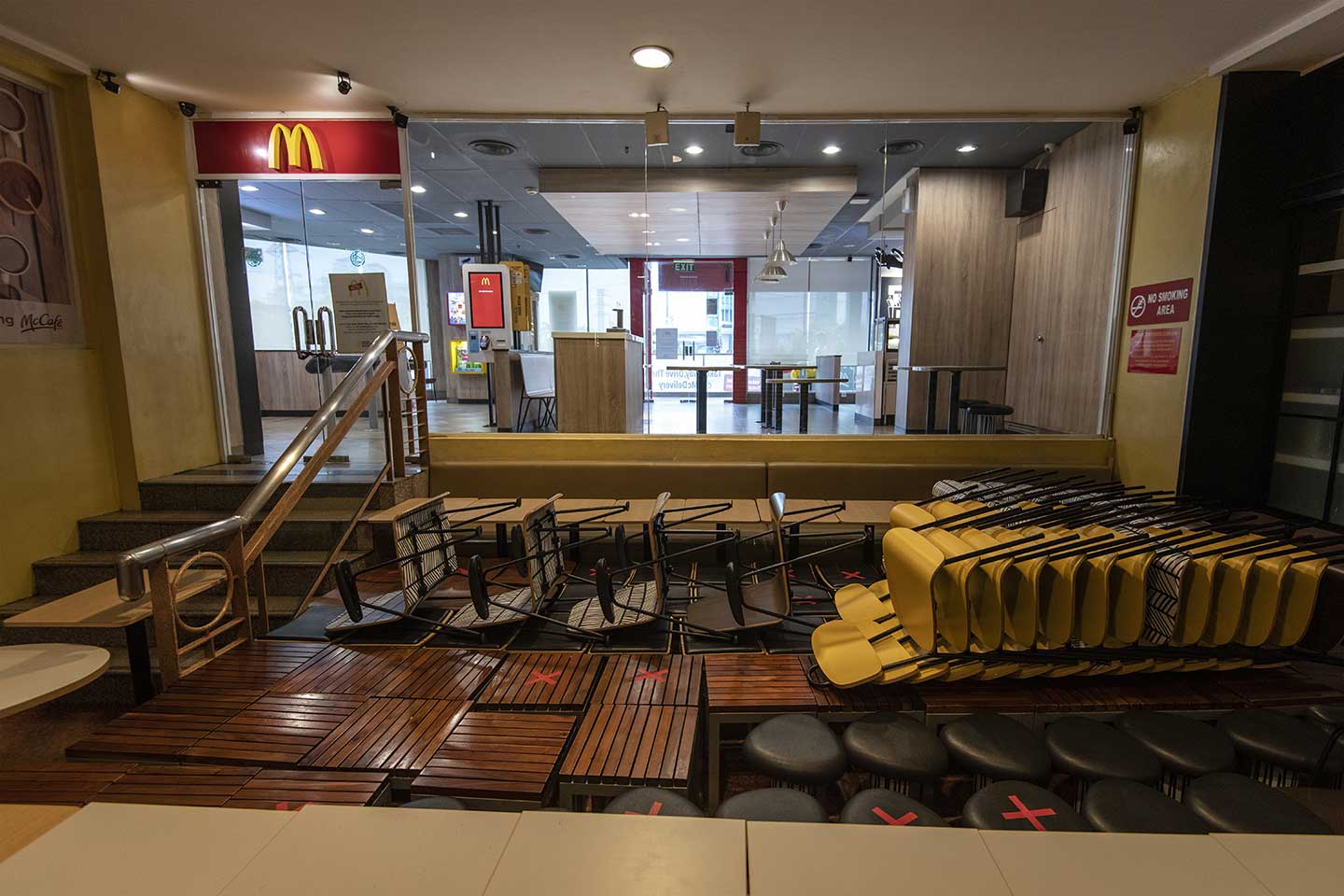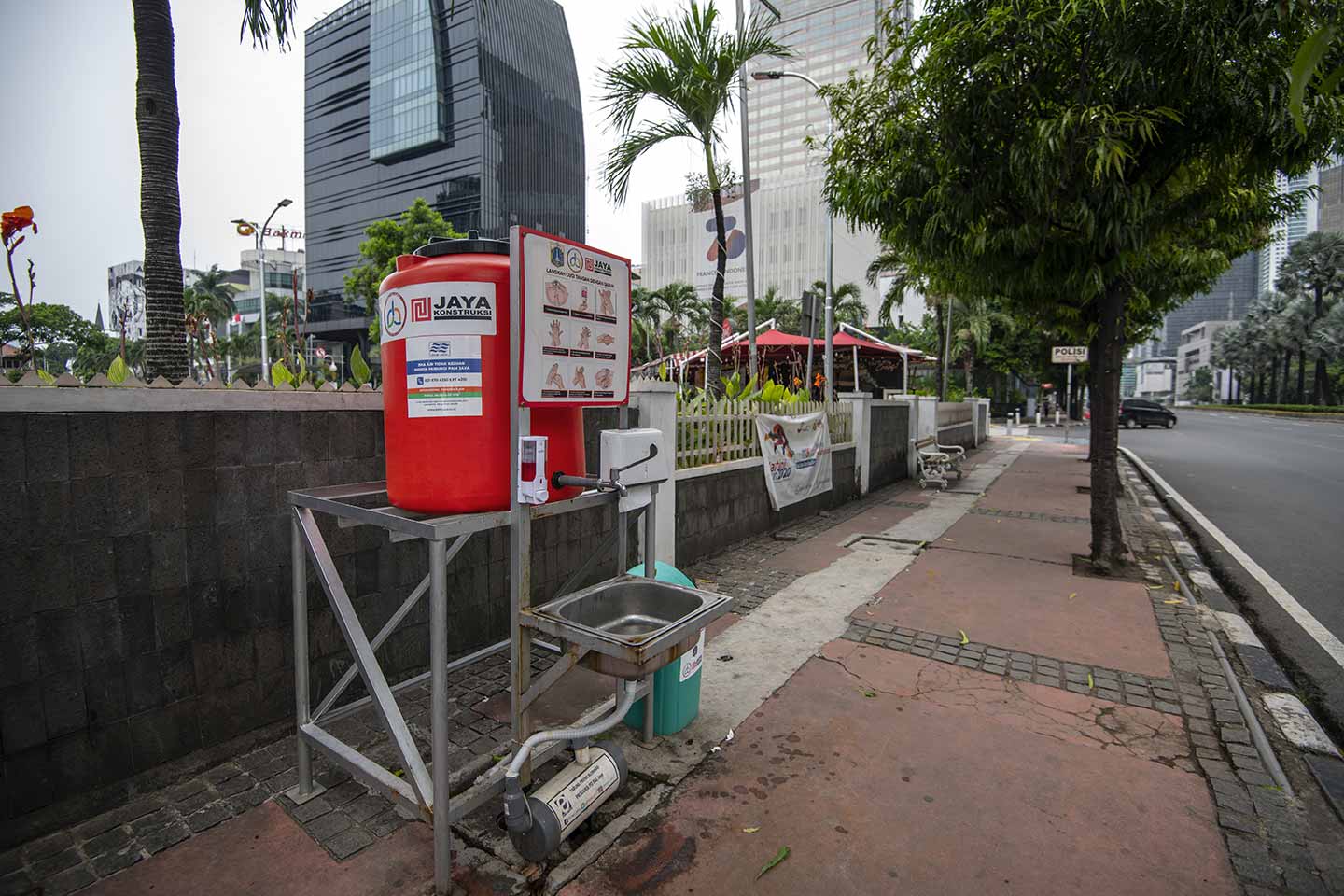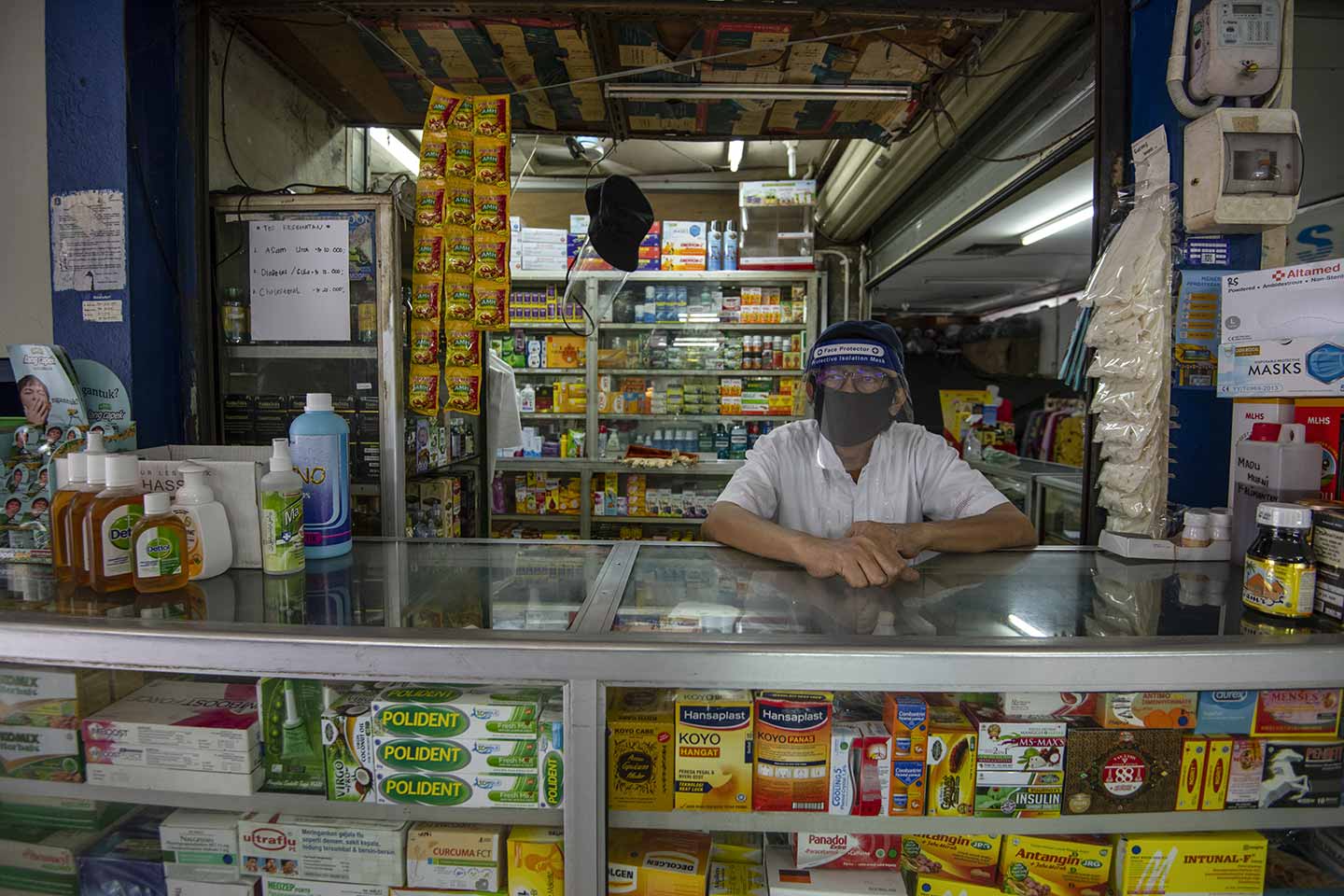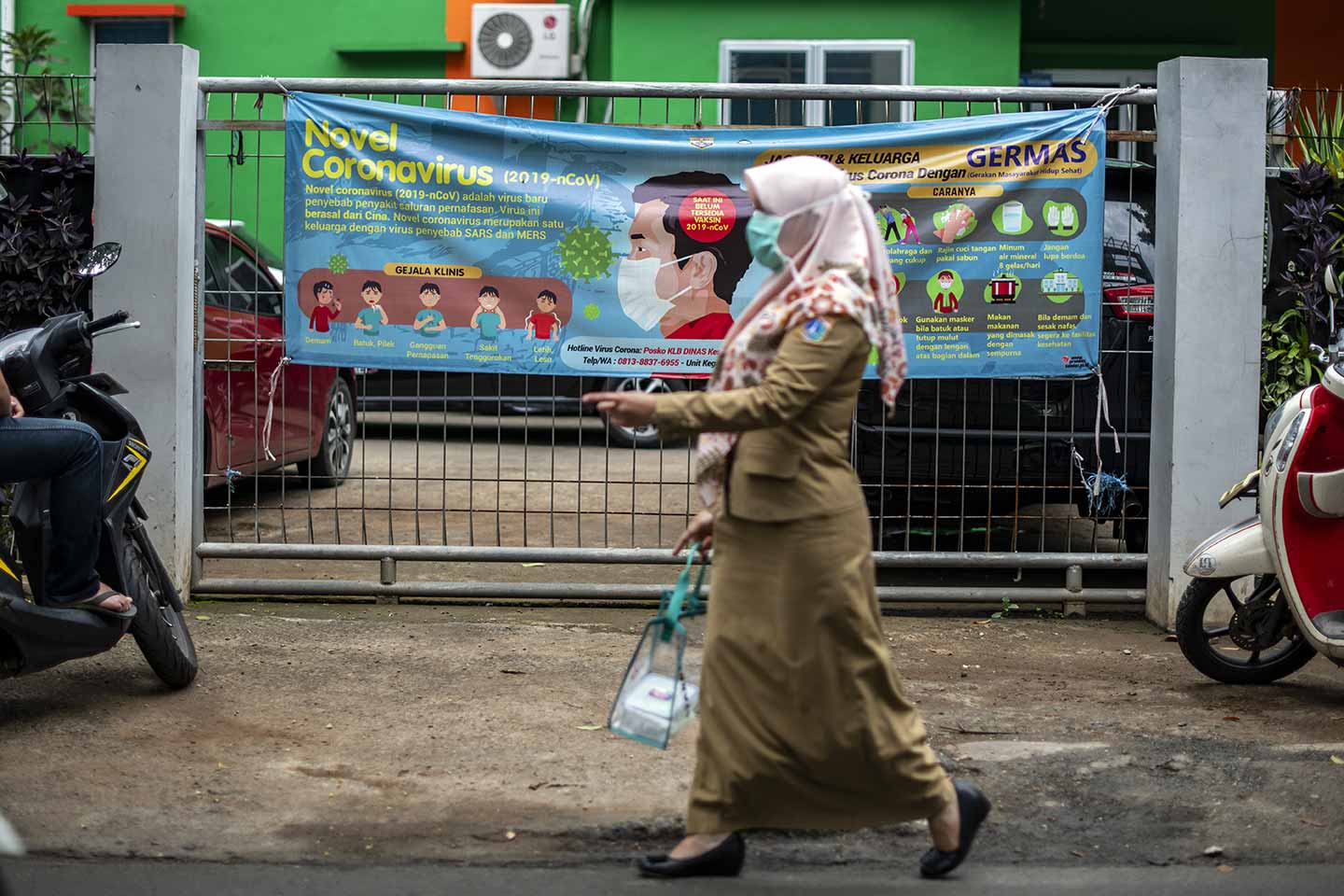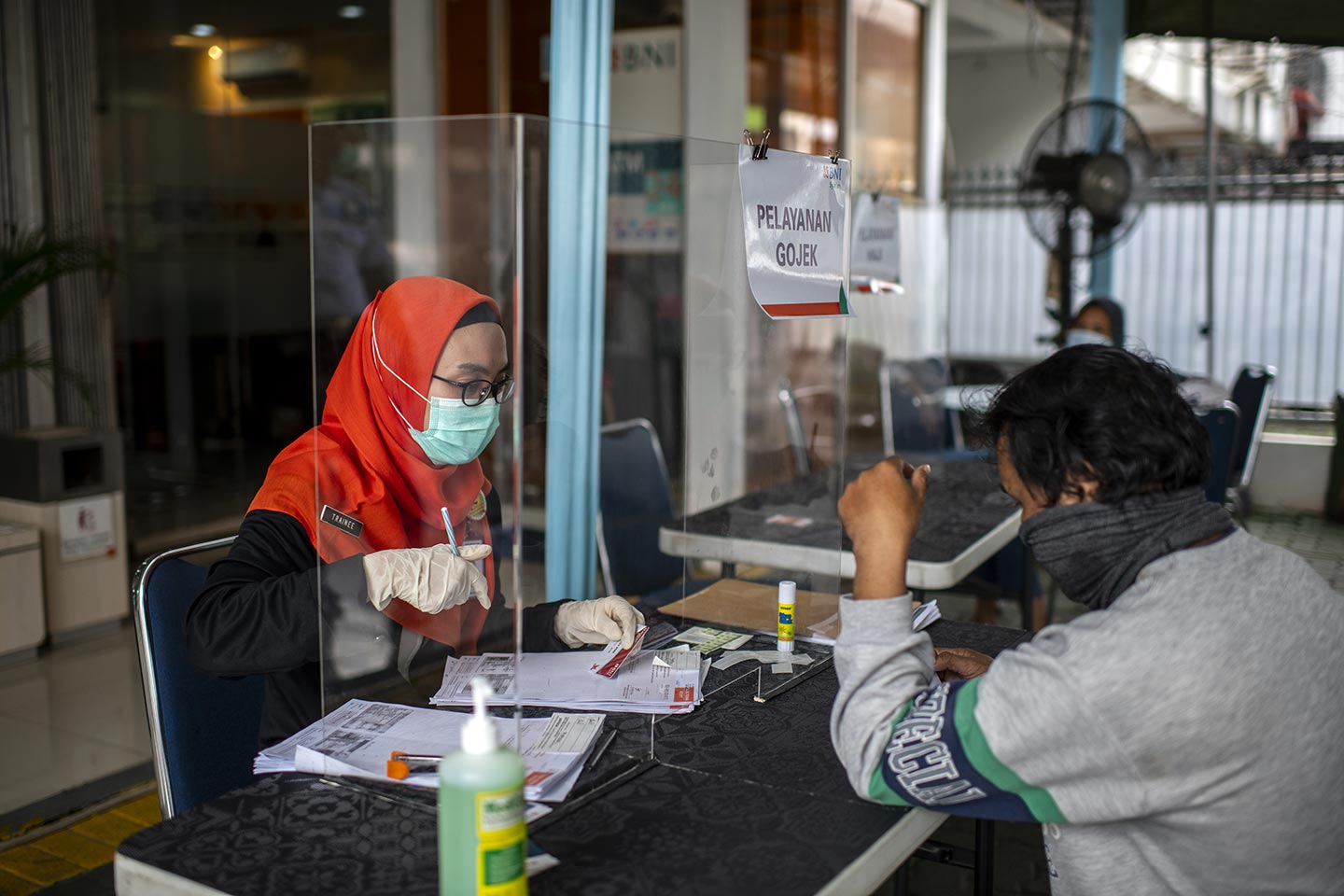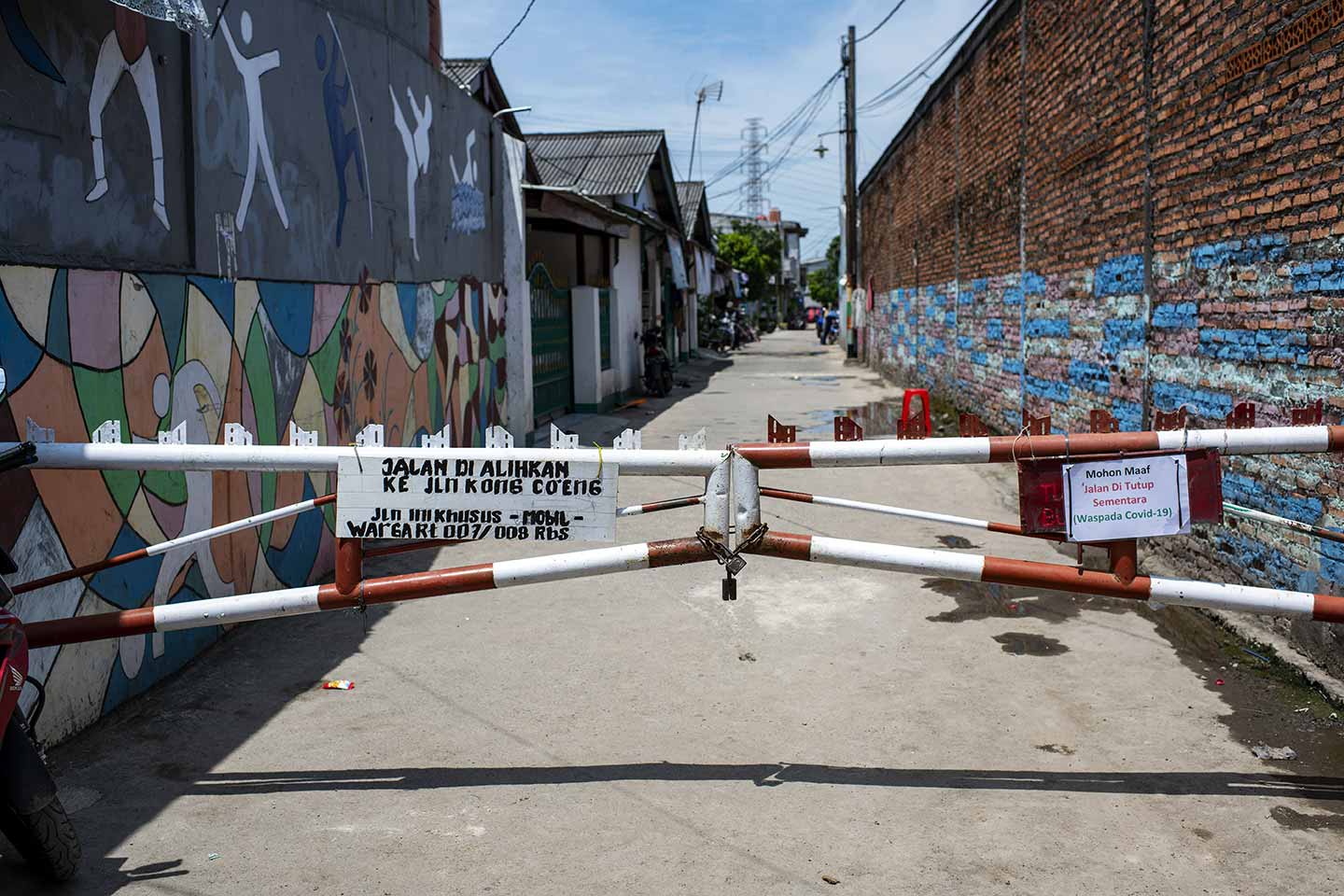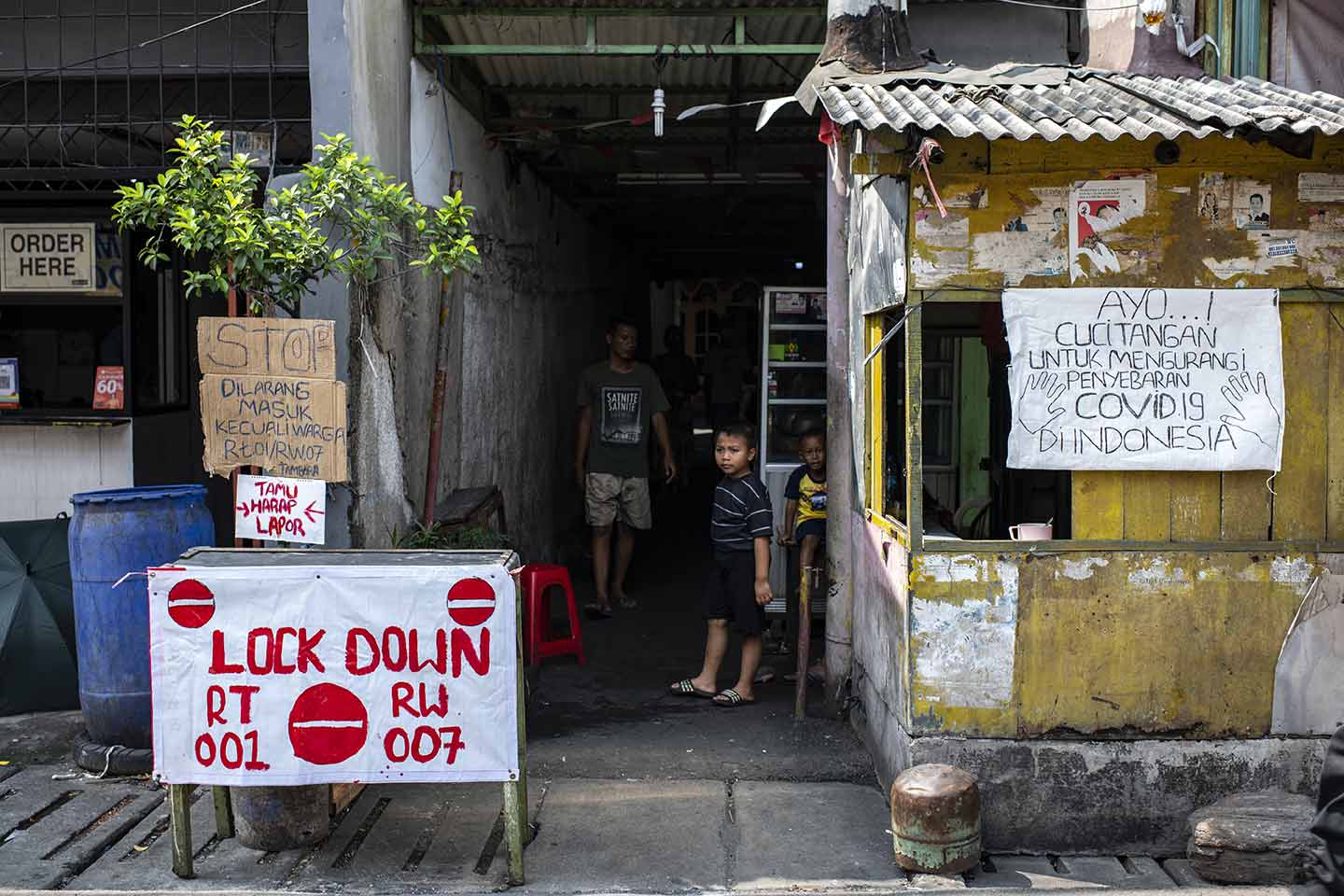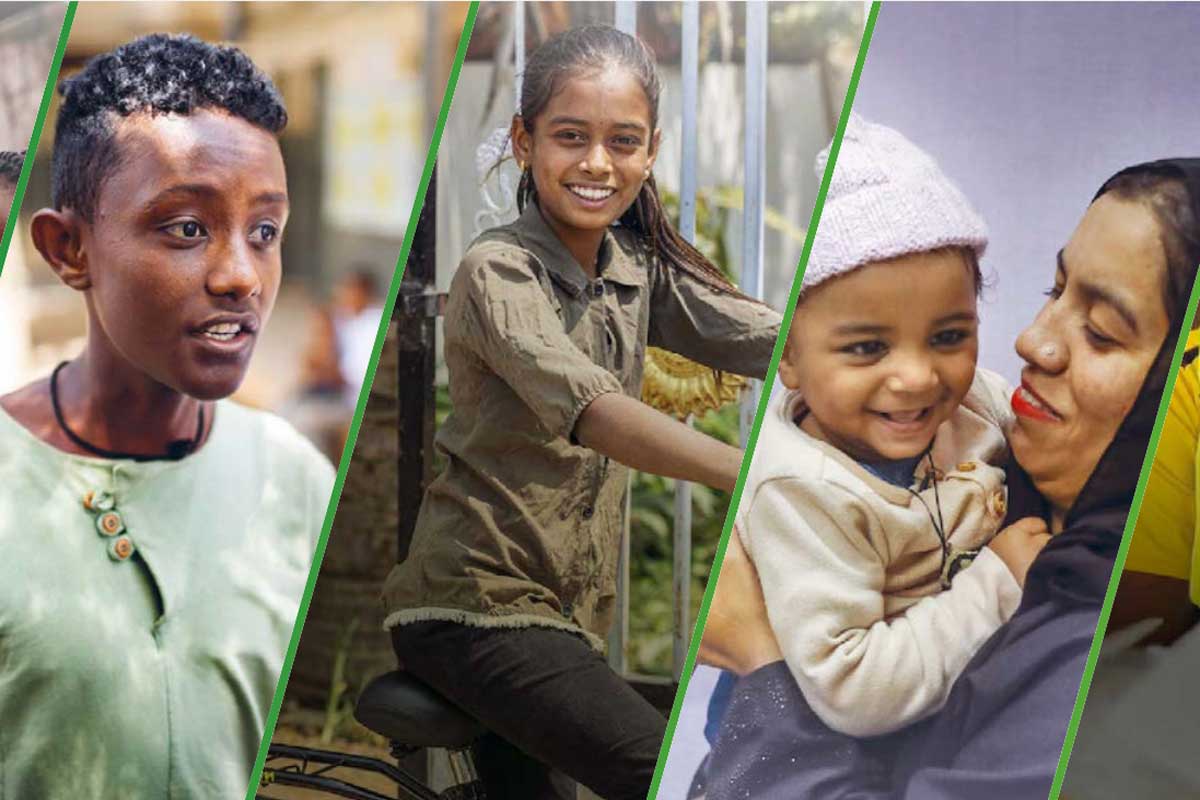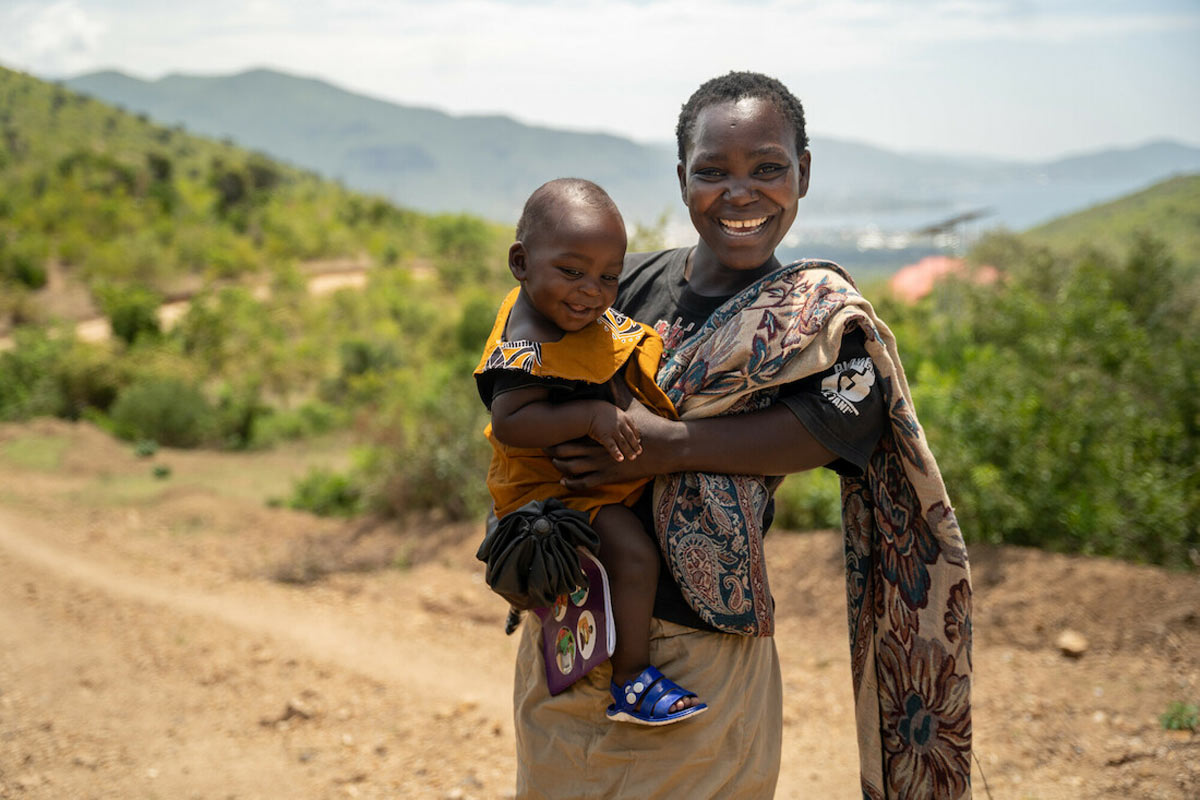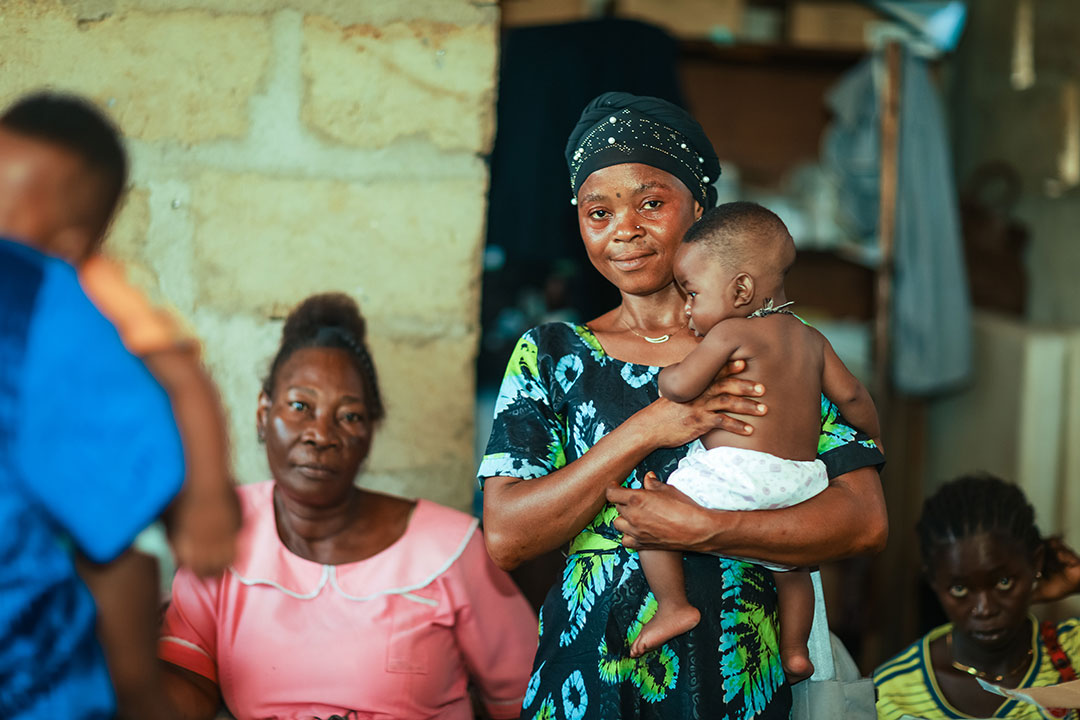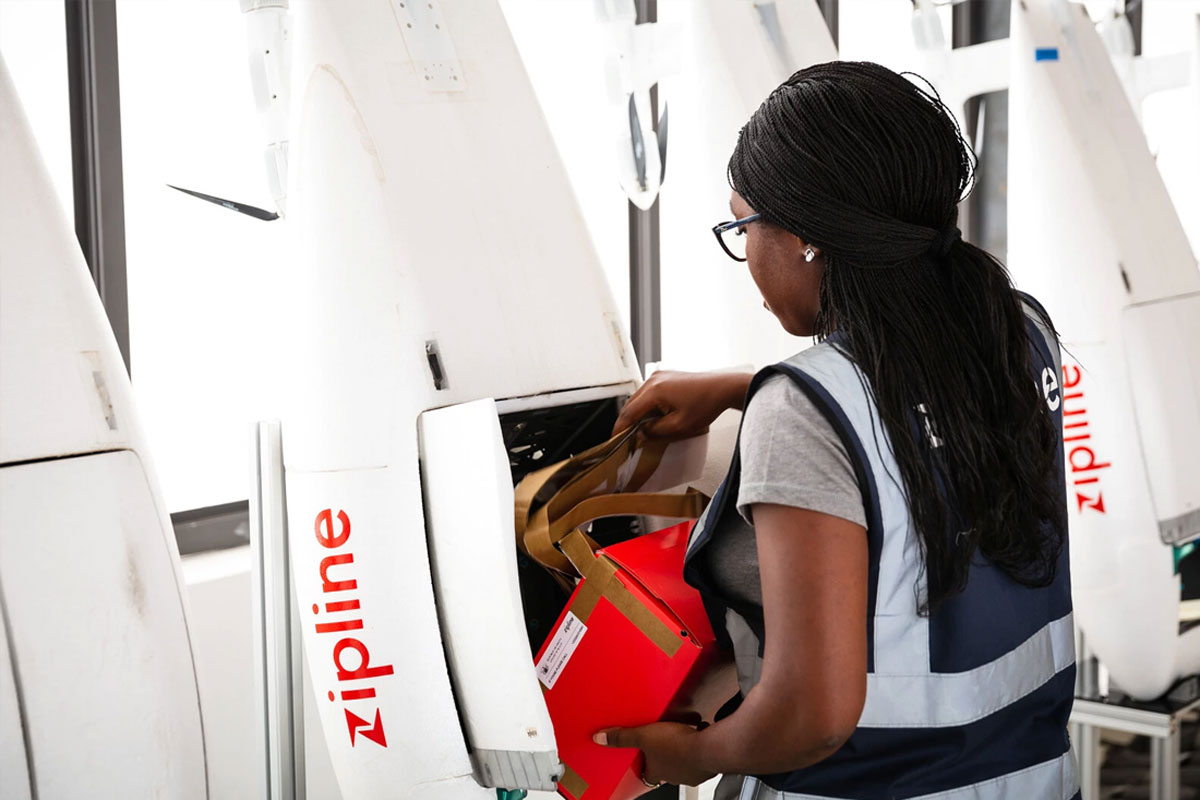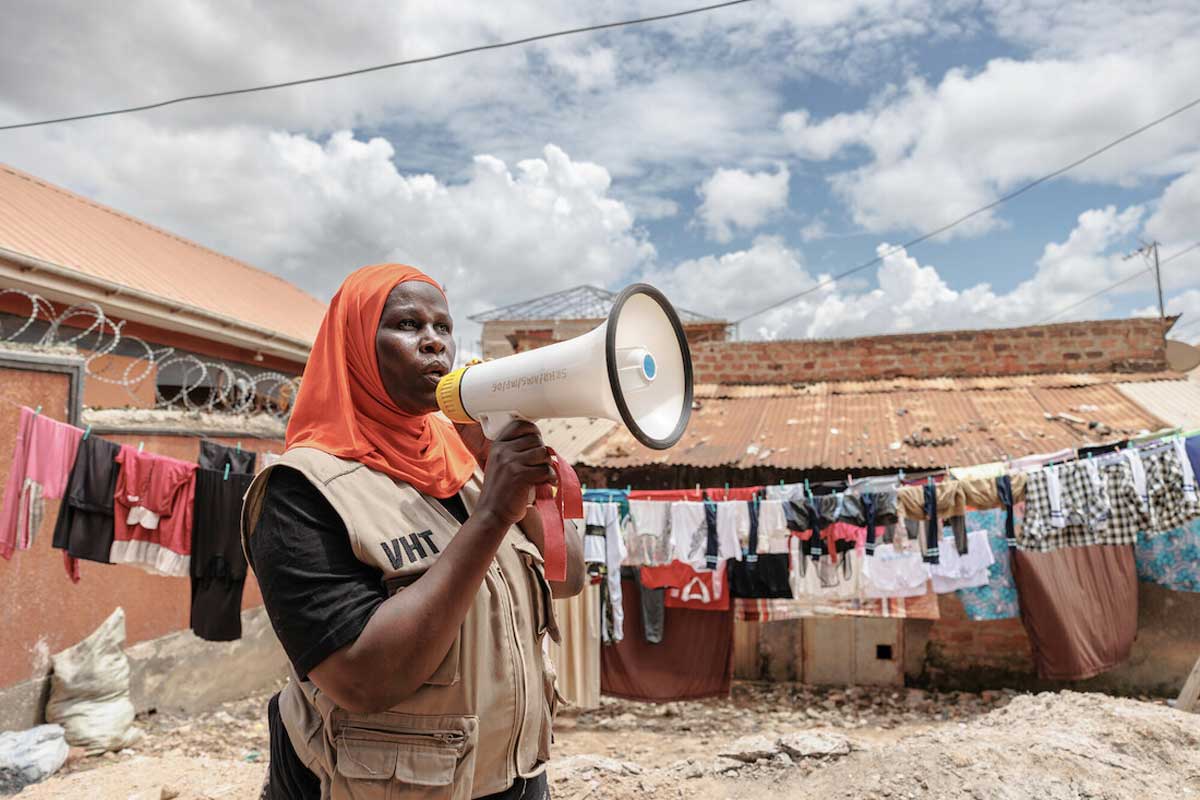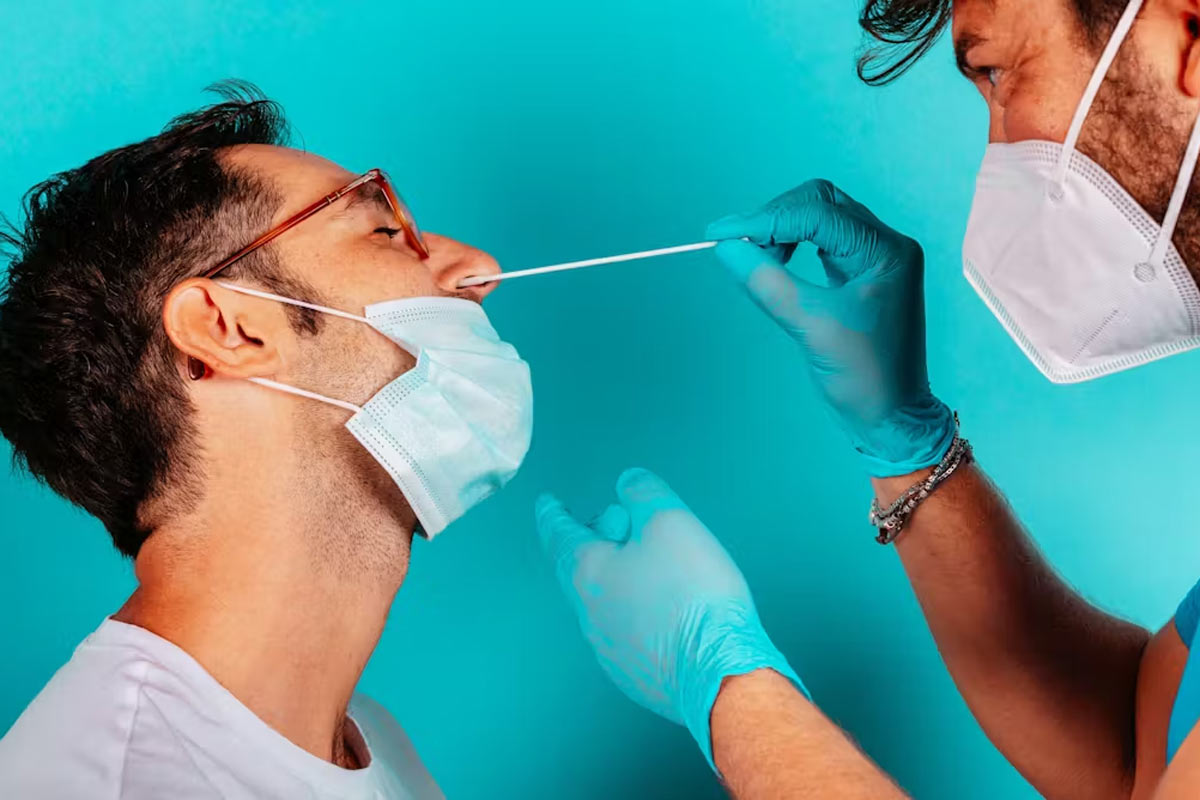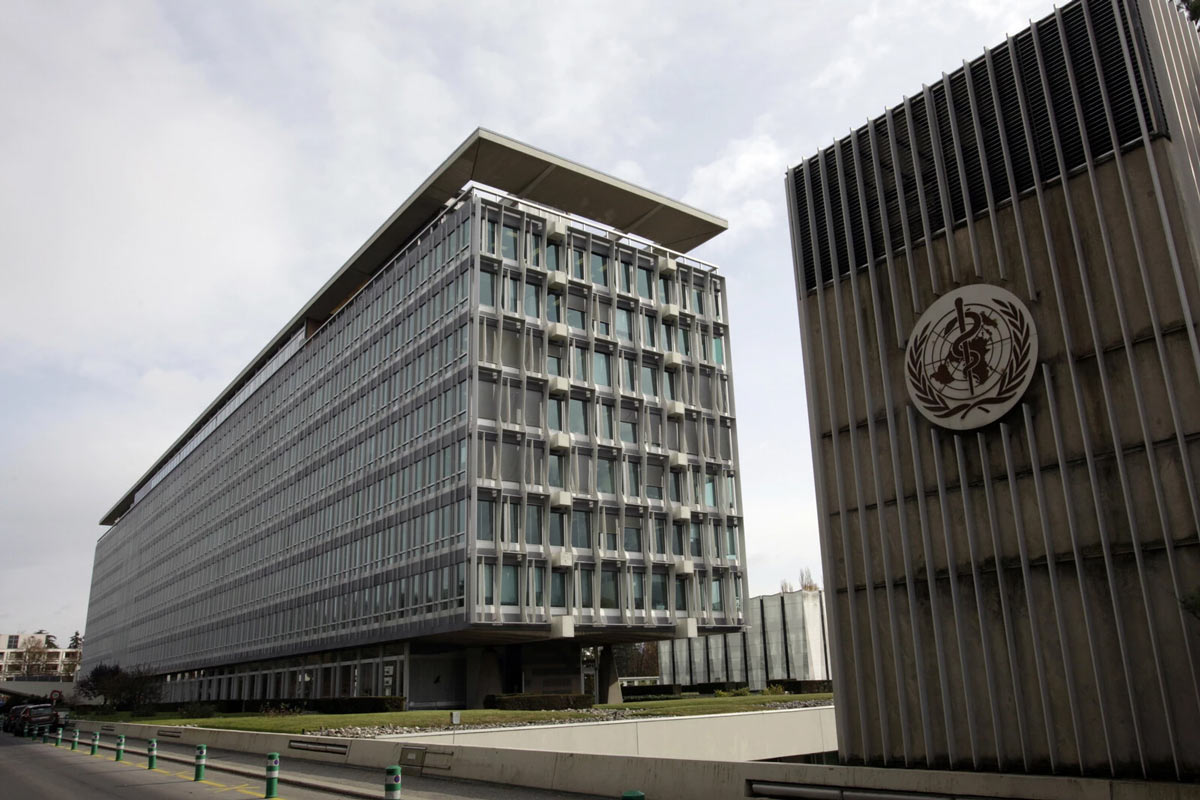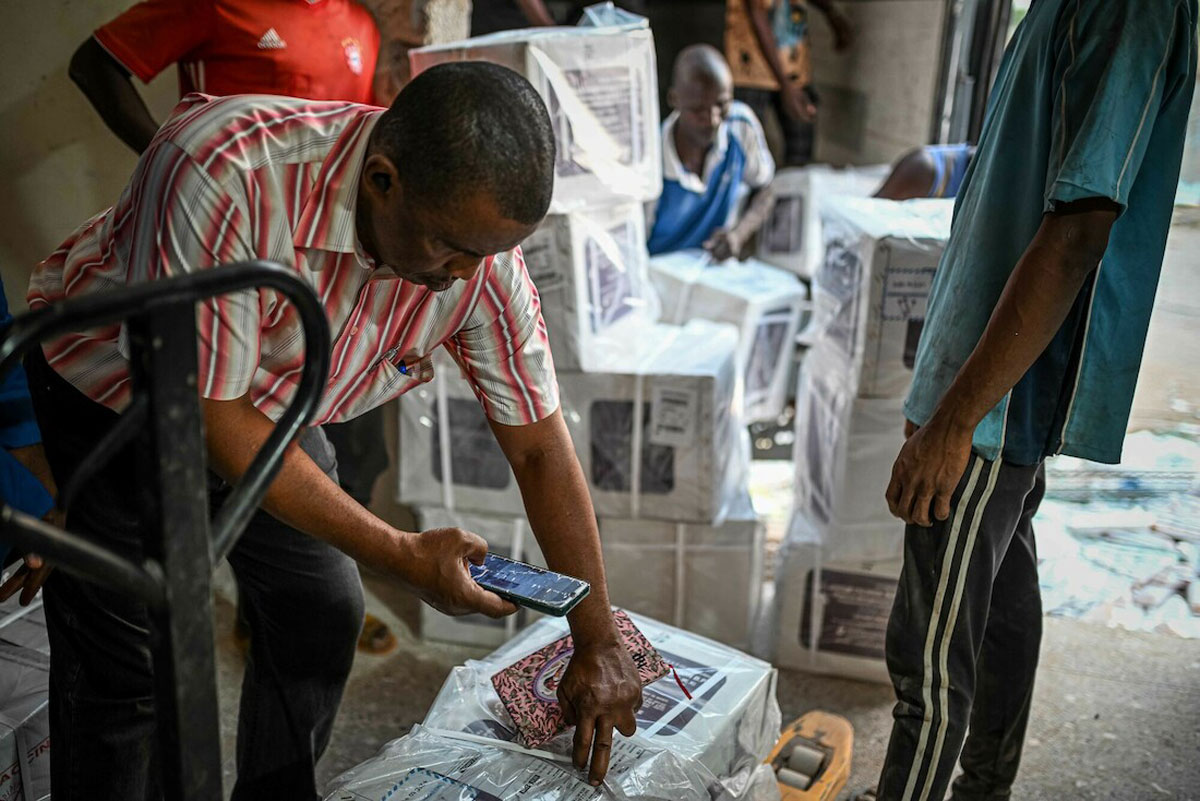Keeping routine immunisation going during COVID-19 in Indonesia
Q&A with Dr Vertando Halim, Coordinator of Expanded Programme on Immunization, Jakarta, Indonesia
- 1 May 2020
- 4 min read
- by Gavi Staff
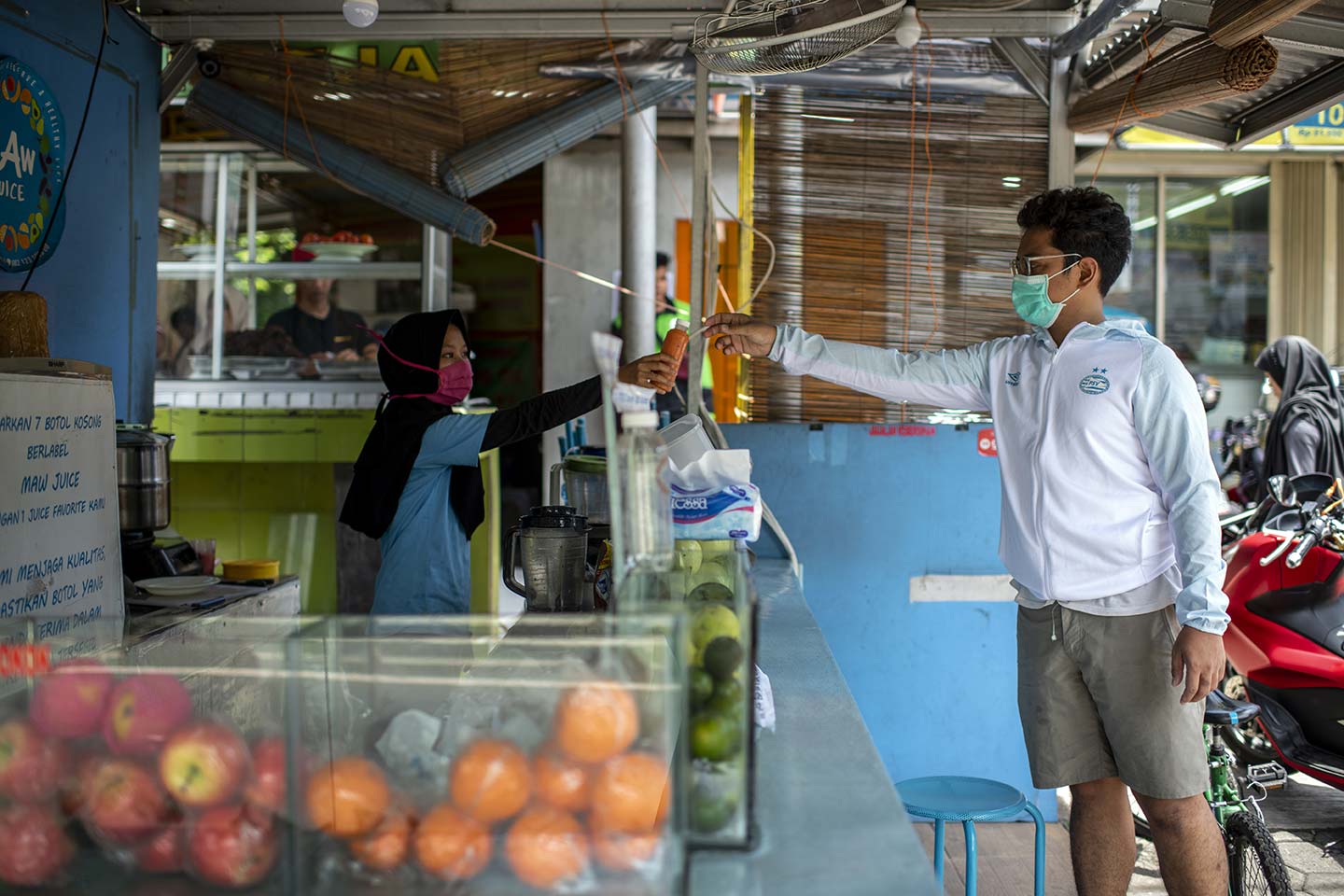
Before the pandemic, Jakarta was a large city and a busy city. But now it is quiet.
The Jakarta local government has implemented large-scale social restriction, such as closing public spaces, restricting public transport and limiting travel to and from the rest of the country.
Indonesia has experience with outbreaks, and the government has already implemented a number of measures for the control of COVID-19. What are some of the biggest challenges that the Jakarta provincial government faces now to bring COVID-19 under control and how are you tackling these challenges?
We have a high number of cases in Jakarta, and the ability of our limited health services to serve COVID-19 cases, both in terms of diagnosis and treatment, especially COVID-19 patients with comorbidity, neonates and pregnant women is limited, as is our ability to do contact tracing. Currently, the capacity and speed of existing laboratory examination is inadequate. The limited quantities of personal protective equipment (PPE) such as masks is also a challenge in providing health services. The provincial government of Jakarta has increased the capacity of COVID-19 laboratory examinations by collaborating with other private laboratories and university laboratories in Jakarta.
How is the pandemic affecting routine immunisation services in Jakarta?
The Ministry of Health decided that immunisation should be carried out according to schedule, to protect children. And the after-immunisation service continues to promote the social or physical distancing. In Jakarta, we suspended mass vaccination services but continue in public health centres and healthcare facilities with physical distancing and other precautions. An immunisation perception survey just carried out in April showed that 92% of people know that the government policy is that immunisation services should continue. And most respondents agreed that timely immunisation for children is important. We also announced the schedule of immunisation to the community, through flyers and media such as WhatsApp groups.
The Ministry of Health, with the technical support of UNICEF, has conducted a rapid assessment at different levels of the health system to understand the effects of COVID-19 on services to prepare for the resumption of scaling-up of immunisation as soon as the COVID-19 response measures are lifted. Immunisation services have been impacted at all levels - many of them are completely disrupted, and others partially.
Do you see a risk of the resurgence of vaccine preventable diseases as a result of the impacts on coverage?
Yes, shutting down immunisation services risks triggering a resurgence of diseases that can be prevented with safe and effective vaccines. When immunisation services are stopped, even for brief periods during emergencies, the risk is that measles, diphtheria and polio will increase. However, we are trying to optimise immunisation services and we also ask health workers to always monitor the immunisation status of children, and monitor their growth and development at home. After the pandemic ends, we will be improving the access to immunisation.
Although Indonesia has transitioned out of Gavi support now, how has Gavi support in the past towards health system strengthening, such as with the introduction of the pentavalent vaccine, contributed to helping the government now tackle the current pandemic?
We have already allocated a budget for routine immunisation activity at the public health centre level from our local government budget. The minister of health has also allocated Gavi funds towards default tracking activities, to ensure children complete their immunisation schedules.
If there was the possibility of further support from Gavi, where would you like to see that support targeted?
Well, additional funds will be needed for catch-up activities during the recovery phase, and also supplementary immunisation activities as opportunities to strengthen routine immunisation and other health programmes.
